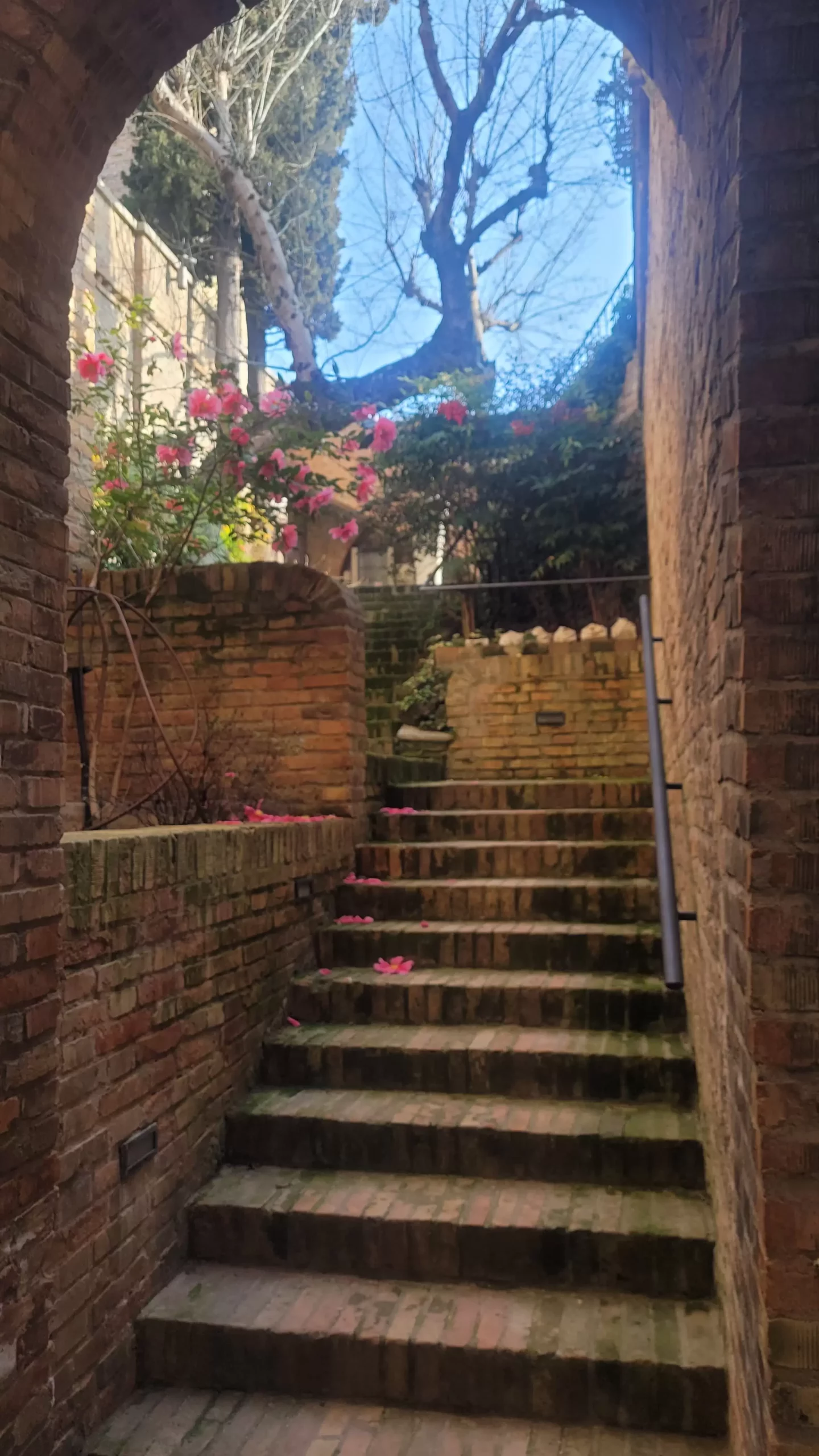Having a primary residence in Italy means to be permanent resident in Italy. Expatriation is often an opportunity to face a new start or take a break in one’s own life to catch one’s breath. When preparing for expatriation to Italy, one may sometimes feel a bit lost and not know where to declare their residence. Often, one also doesn’t know the difference between a primary residence in Italy and a secondary residence in Italy, and in which cases they apply. In this article, we will explore the different elements that help us clarify our situation and understand the various steps that will help us realize our project in Italy
- Primary residence for a homeowner EU
- Primary residence for a tenant EU
- Documents to apply for residency in Italy EU
- When to apply for residency in Italy?
- Vacation home in Italy for an EU citizen
Before understanding the difference between primary residence and secondary residence in Italy, it is important to know how long you have decided to stay in Italy, as this information will help you understand which situation you are in. Indeed, after 3 months of permanent residence on Italian soil, you must declare your residence to the municipality where you reside. Generally, you are concerned about residency in Italy if you spend the majority of your time in Italy, if you have decided to rent an apartment in Italy, work in Italy, in short, if you have decided to settle in Italy permanently.
Having tax residency in Italy is different from having residency in Italy. Indeed, while residency means residing permanently in Italy, having tax residency in Italy means living in Italy for at least 183 days a year, 184 days for leap years (source Agenzia delle Entrate)
Primary residence for a homeowner EU
If you have decided to buy a house in Italy and live there permanently, it means that you will be entitled to numerous benefits, such as a lower tax rate at the time of purchasing your house in Italy, exemption from property tax payments in Italy, and more state aid for renovating your house in Italy.
Once the sale is concluded, what you will need to do is declare your residency to the “anagrafe” of the municipality where you reside. This will also enable you to receive the household waste tax in Italy, known as TARI, to be paid once a year (it can also be paid in two installments).
Primary residence for a tenant EU
If you have decided to study or work in Italy for more than 3 months, then you will also need to declare your primary residence in Italy.
The procedure will be the same as for buying a house in Italy: you will need to go to the “anagrafe” office of the municipality with all the necessary documents related to your situation
Documents to apply for residency in Italy EU
To declare your residence in Italy, you will be asked for all the supporting documents of your situation and their photocopies:
- Identity card
- Tax code
- Rental contract / accommodation declaration
- Driver’s license
- Vehicle registration certificate
There will be a form to fill out with your personal details, to which you can attach all the photocopies. Before going to the Town Hall, check online if you have the list of documents to provide (additional documents may be required depending on your situation), and the possibility to make an appointment to complete the process.
When to apply for residency in Italy?
Once you have found an apartment, you must declare your residency within 20 days of your arrival.
From the moment you have submitted your residency application, the declaration becomes effective within 45 days. As part of the procedure, there is a provision for the Municipal Police to conduct a verification at the residence to confirm your presence in the municipality. However, in some cities, the municipalities do not conduct checks, so do not be surprised if you receive the residency declaration without a visit from the Municipal Police.
Vacation home in Italy for an EU citizen
If you live and work abroad but have decided to buy a house in Italy, then it will become your secondary residence or vacation house in Italy. Indeed, since it is not your permanent place of residence, it will automatically be considered your secondary residence.
In these cases, your property in Italy will be taxed in Italy, thanks to reciprocal agreements between different countries that prevent double taxation. However, you will still need to declare this property in your own country, but it will simply affect the value of your investments.
Having a secondary residence in Italy, on the other hand, means having to pay a property tax (Nuova IMU) and paying more taxes at the time of purchasing your house in Italy, but the topic of taxes in Italy will be explored further in another article.
Are you ready to establish your primary residence in Italy?
